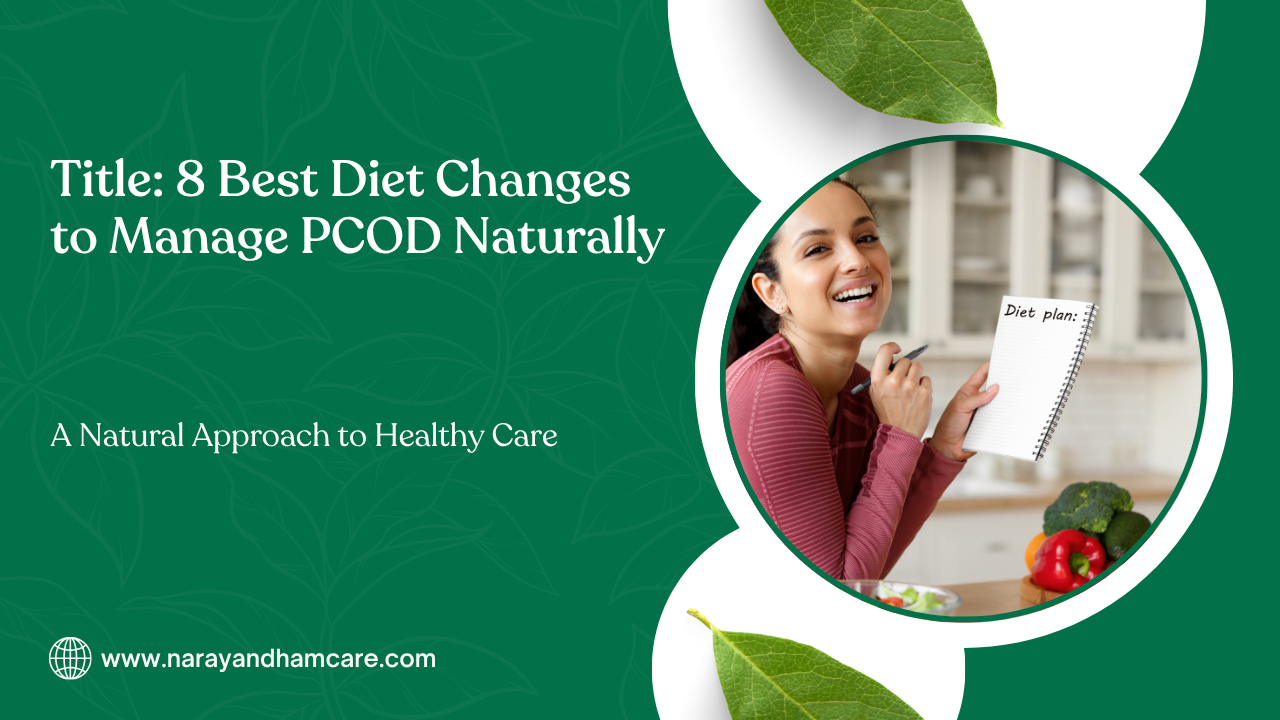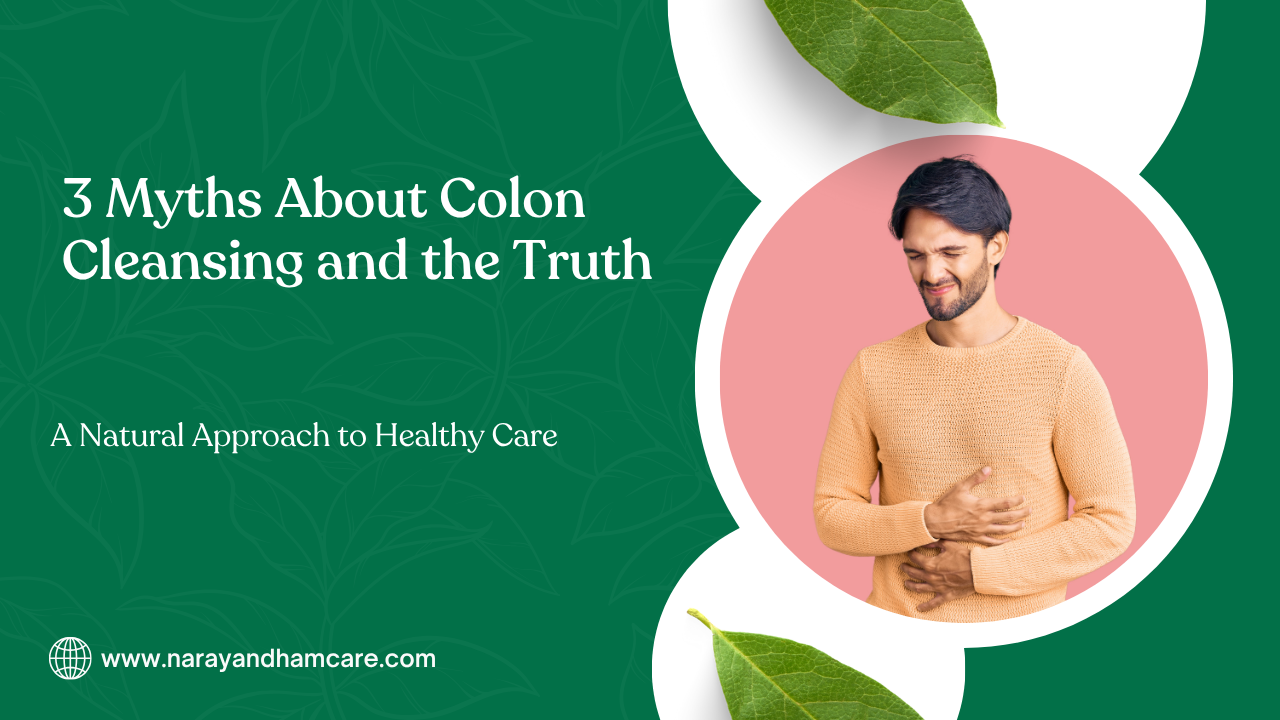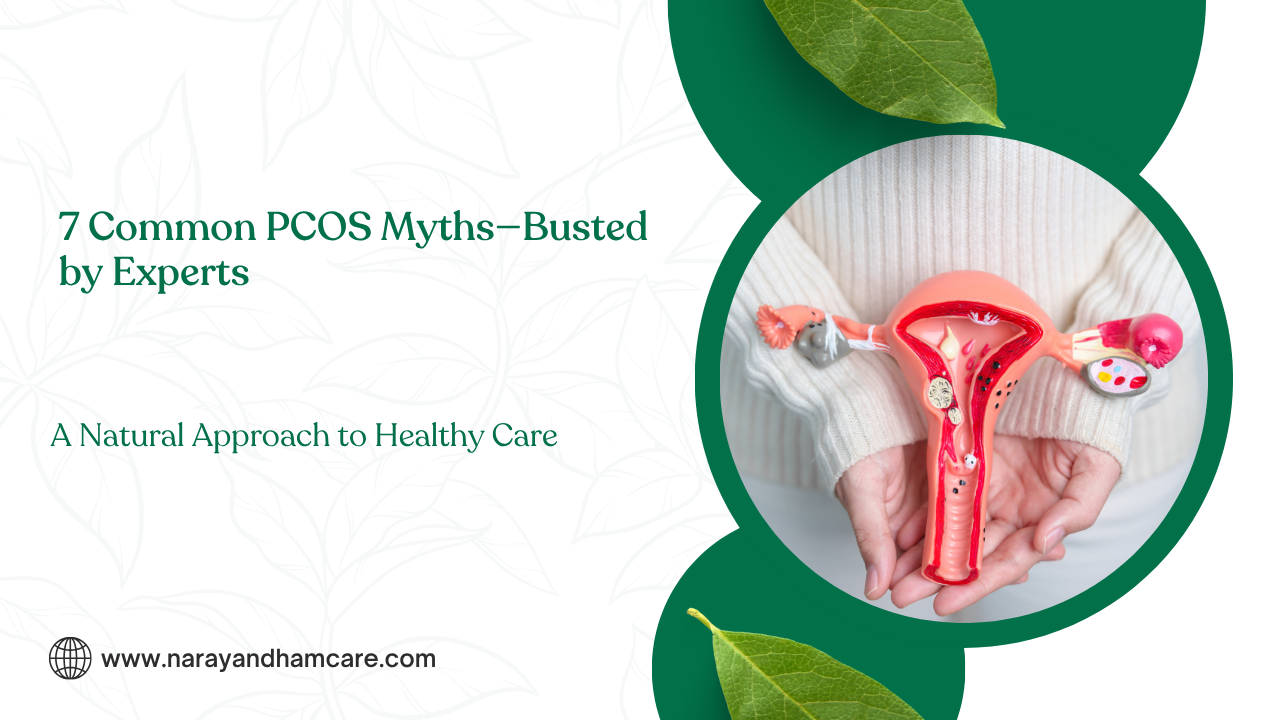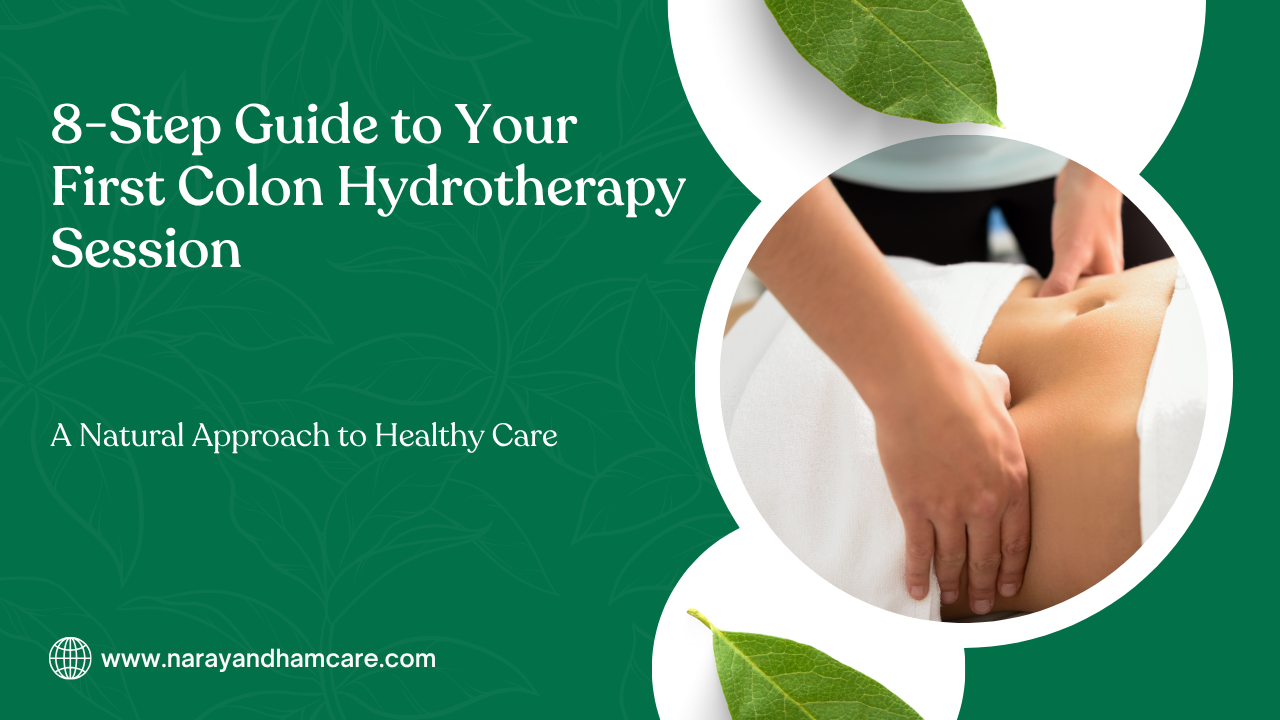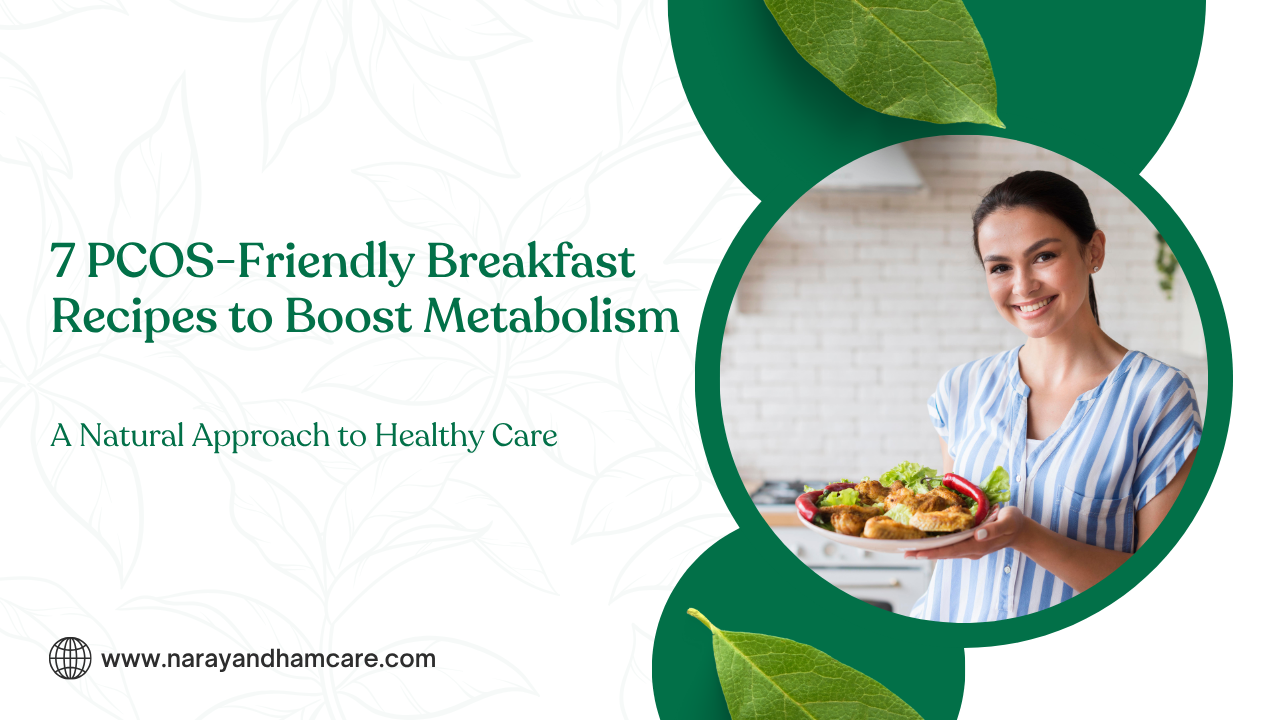Introduction:
Polycystic Ovarian Disease (PCOD) is a common health issue in women today. It affects hormones, periods, weight, and even mood. One of the best ways to manage naturally is through simple diet changes. Yes, food plays a big role in balancing your hormones and improving your health.
This blog will guide you through 8 effective diet changes that are easy to follow and can make a real difference in your journey. These tips are natural, practical, and backed by experts.
Problem:
PCOD, also known as Polycystic Ovary Syndrome, is a hormonal disorder that affects millions of women. It causes your body to make too much of the male hormone called androgens. This can lead to:
- Irregular periods
- Weight gain
- Acne
- Hair thinning or hair growth on the face
- Difficulty getting pregnant
Many women also feel tired, stressed, and have mood swings. The main problem? There is no single cure for. But the right diet and lifestyle changes can help manage it naturally.
Symptoms of PCOD:
Here are some common signs that may show you have:
- Irregular or missed periods
- Extra facial or body hair (especially on chin, chest, back)
- Oily skin and severe acne
- Sudden weight gain or trouble losing weight
- Hair thinning or hair loss from the scalp
- Mood swings or feeling low
- Difficulty in getting pregnant
If you have 2 or more of these symptoms, it is a good idea to see a doctor and start managing your diet.
8 Best Diet Changes to Manage PCOD Naturally
These natural PCOD diet tips are simple and can be started today:
- Add More Fiber to Your Meals
Fiber helps control blood sugar and reduces hunger. It also helps with weight loss, which is very important for.
Foods rich in fiber:
- Whole grains (like oats, brown rice, quinoa)
- Green vegetables (spinach, broccoli, beans)
- Fruits like apples, pears, and guava
- Nuts and seeds
Tip: Try to eat one bowl of salad daily before meals.
- Say No to Processed Sugar
Sugary foods like cakes, candies, cold drinks, and even packed juices spike your insulin levels. High insulin worsens.
Avoid:
- Soft drinks
- White bread and bakery items
- Sweetened cereals
- Packed snacks
Replace with:
- Jaggery in small amounts
- Fresh fruits
- Honey or dates (in moderation)
- Include Healthy Fats
Not all fats are bad! Some healthy fats reduce inflammation and help in hormone balance.
Good fats:
- Avocados
- Olive oil
- Coconut oil
- Almonds and walnuts
- Seeds like flaxseeds and chia seeds
Tip: Use cold-pressed oils for cooking.
- Eat More Lean Protein
Protein helps you feel full longer and supports weight loss. It also keeps your energy levels high.
Sources of lean protein:
- Lentils and dals
- Eggs
- Tofu and paneer
- Greek yogurt
- Chicken and fish (if non-vegetarian)
Tip: Try to have some protein in every meal.
- Limit Dairy Products
Too much milk or cheese can sometimes cause acne and hormone imbalance in.
Better choices:
- Plant-based milk like almond or oat milk
- Greek yogurt (low-fat and unsweetened)
- Cottage cheese in small amounts
Tip: If dairy affects your skin, try going dairy-free for a month and observe.
- Choose Low GI (Glycemic Index) Foods
Low GI foods digest slowly and don’t spike your blood sugar. They help control insulin, which is key in.
Best low GI foods:
- Brown rice
- Millets (like foxtail, kodo)
- Sweet potatoes
- Whole fruits instead of juices
Tip: Swap white rice with brown rice or millets.
Certain herbs can support hormonal health and reduce symptoms.
Try teas like:
- Spearmint tea – reduces androgen levels
- Cinnamon tea – balances blood sugar
- Green tea – supports metabolism
- Ginger or tulsi tea – reduces inflammation
Tip: Drink 1–2 cups daily. Avoid adding sugar.
- Stay Hydrated and Avoid Caffeine Overload
Dehydration can slow metabolism and increase cravings. Also, too much coffee or tea can increase anxiety and worsen sleep, both of which affect hormones.
Tips:
- Drink at least 2–3 liters of water daily
- Limit coffee/tea to 1–2 cups per day
- Add lemon or cucumber to water for extra benefits
Frequently Asked Questions (FAQs):
Q1. Can diet alone cure PCOD?
A: No, but a healthy diet can help manage symptoms naturally and reduce the need for medication.
Q2. How long before I see results with diet changes?
A: Usually 1 to 3 months. But everyone’s body is different. Be consistent and patient.
Q3. Is fasting good for PCOD?
A: Intermittent fasting may help some women, but always consult a doctor before starting.
Q4. Can I eat fruits if I have PCOD?
A: Yes, choose whole fruits like berries, apples, and papaya. Avoid fruit juices and dried fruits.
Q5. Is gluten-free diet needed for PCOD?
A: Not for everyone. Some women with feel better with less gluten, but it’s not a must unless you are gluten-sensitive.
Conclusion can be frustrating, but with the right diet changes, you can take control of your health. Focus on natural, whole foods, stay away from processed items, and drink enough water. These 8 diet changes are easy, effective, and safe.
Start small, stay consistent, and listen to your body. Every step you take towards healthy eating will bring you closer to a better, balanced life.
🌱 Have you tried any of these PCOD diet tips? Comment below and share your experience!
💬 Want more tips? Follow us for more natural health and diet advice!
Keywords used (Ranking for SEO):
diet tips, best diet for weight loss diet, natural remedies for and diet, management foods, hormonal balance food, low GI food for, fiber rich food for natural solution.
Would you like this blog turned into a social post, carousel, or YouTube script?

